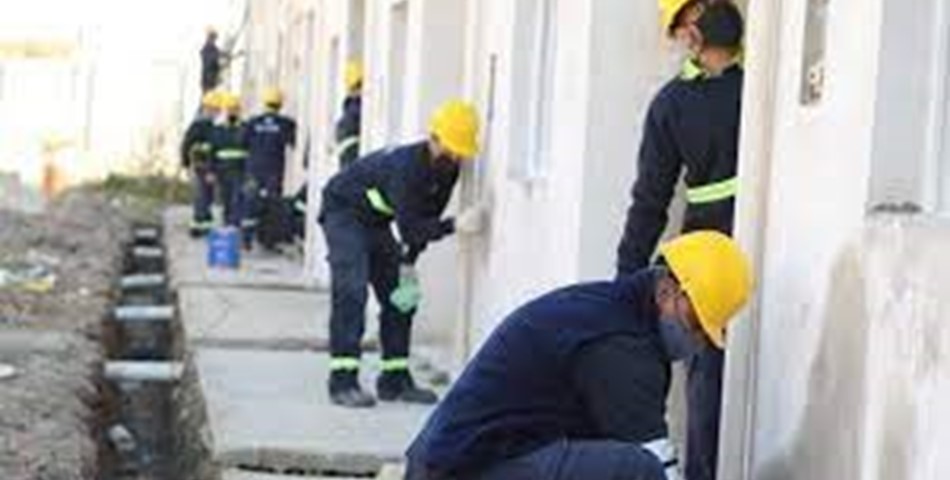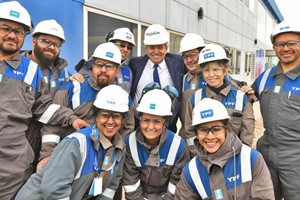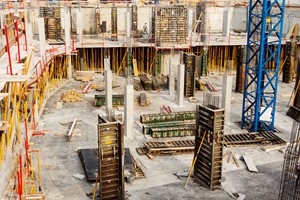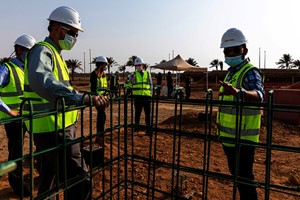The construction industry in Argentina is expected to register an annual growth of 3.2% in real terms in 2022, following an estimated annual growth of 30.8% in 2021.
The sector's output in 2022 will be supported by the government's commitment to continue public works. The industry is expected to register an annual average growth of 2.3% over the remainder of the forecast period (2023-2026), supported by investments in transport, energy, education, and healthcare projects.
According to the National Institute of Statistics and Censuses (INDEC), the construction industry's value add rose by 37.1% in the first three quarters of 2021. According to the Synthetic Indicator of Construction Activity (ISAC), which is closely linked to the GDP value add construction data, the construction industry remained strong in 2021 overall, and the average ISAC rose by 31% that year.
In January 2022, the Ministry of Public Works announced an investment of ARS10.6 trillion ($91 billion) for executing 3,131 new infrastructure works and projects across the country, as part of the Plan Argentina Hace. As of January 2022, 434 projects had been completed, 1,192 were underway and 1,505 were in the planning stage.
In another positive development, the Argentine and Chinese governments signed a Memorandum of Understanding (MoU) on the Belt and Road Initiative (BRI) in February 2022. Under the agreement, the two nations will implement hydropower and railway projects, and deepen cooperation in trade, industry, infrastructure, and investment. A total of 13 different inter-institutional cooperation documents were signed in different fields, including energy, technology, green initiatives, and education.
Major macroeconomic imbalances, such as expanding fiscal limitations, sovereign debt concerns, a sinking peso and rising inflation could likely weigh on the much-needed foreign and private investment in Argentina, creating a downside risk for the Argentine construction industry in the coming months. Argentina has ARS5.2 trillion ($45 billion) of debt to IMF, for which the country entered a deal with IMF for debt restructuring in early March 2022.
If approved by Congress and the IMF, payments to the fund would begin in 2026, and end with full repayment by 2034. Moreover, the Argentine government's Budget for 2022 was not accepted in lower parliament in December 2021, which will limit the financing for major construction projects.












